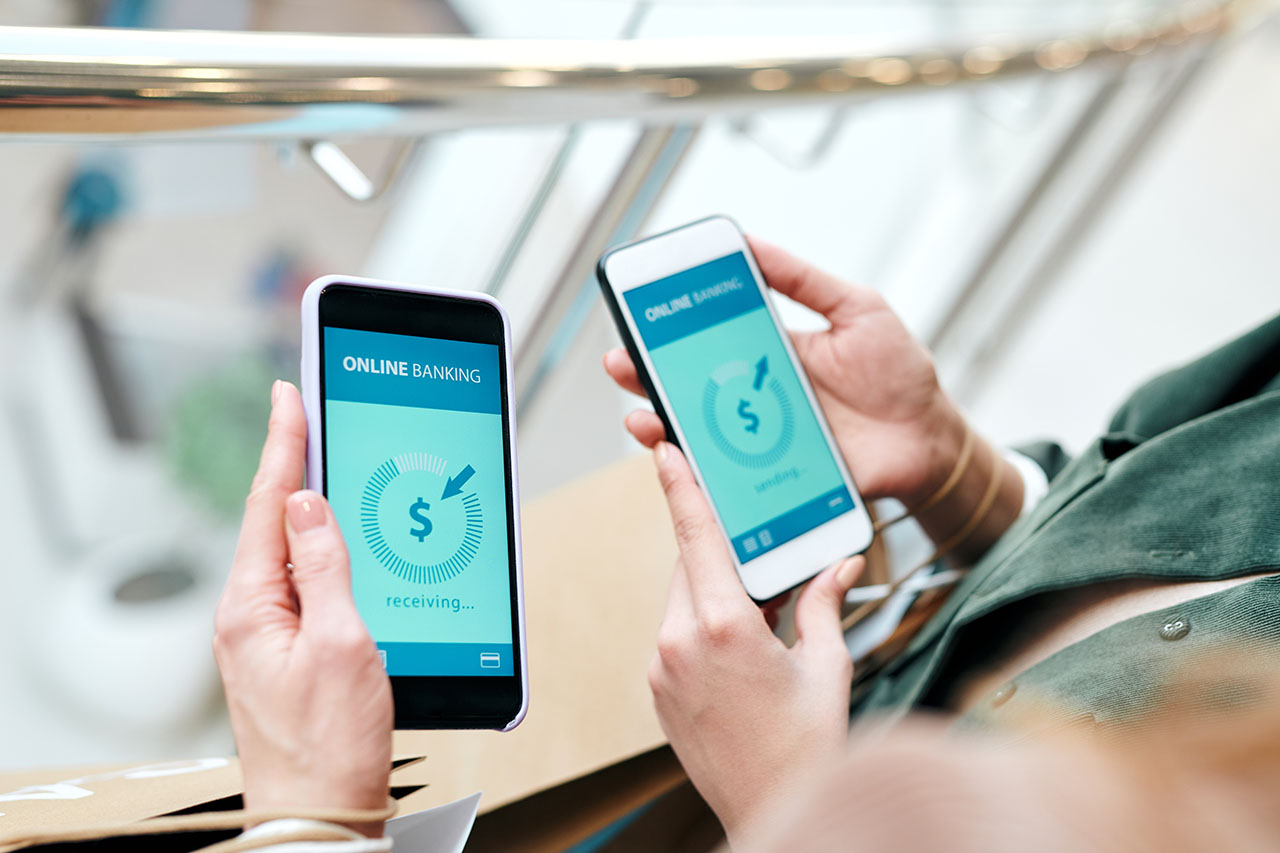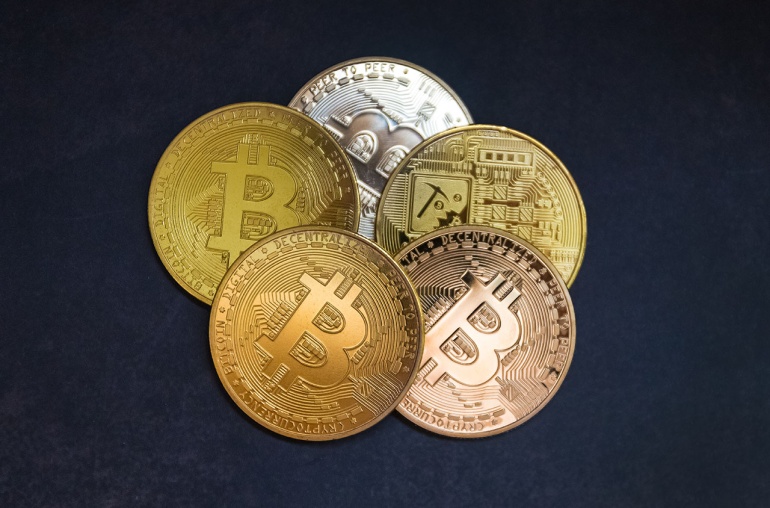Are you interested in learning about digital currency? In simple words, digital currency is a type of currency that only exists in electronic or digital form. People often refer to it as electronic money, digital money, cybercash, or electronic currency. Read on as we discuss what is digital currency in more detail and how does digital currency work.
What Is Digital Currency?
As mentioned earlier, digital currency is available in an electronic form only. This means that, unlike paper money, it does not have any physical characteristics or attributes. If you want to conduct a transaction using digital currency, you must rely on computers. Digital currency can also be used with the help of electronic wallets that are connected to the internet or a specific network.
How Does Digital Currency Work?
The concept of digital currency isn’t exactly new. The financial systems of most countries are currently dominated by electronic versions of local and foreign currency. However, there is still an important difference between digital currency and the electronic currency that is currently residing in bank accounts. Unlike electronic currency in banks, the digital currency does not take a physical form. It exists within a computer network, and you can transfer it with the help of digital tools and electronic codes in a computer.
To help you understand this better, let’s consider that electronic currency is stored inside a bank. If you go to an ATM now, you could easily convert this electronic currency into physical money. The same doesn’t hold true for digital currency.
Currently, central banks like Federal Reserve are looking to launch their own digital currency. Also known as Central Bank Digital Currency (CBDC), this is a type of digital currency that will be issued and managed by the central bank of a country. It will be similar to cryptocurrencies like Bitcoin and Ripple, except it will be backed by the country’s government and overseen by its central bank.
Can We Expect Digital Currency To Take Over?
It is only a matter of time where more and more people switch to using digital money. Thanks to new forms of technology, digital transactions are already becoming increasingly secure. We can transfer and exchange digital money with the help of credit cards and smartphones.
Online cryptocurrency exchanges are possible too. PayPal, for instance, is credited for being one of the first companies that introduced the concept of digital financial transactions. It encouraged the adoption of digital transactions among the masses.
However, there is a major difference between digital currency and electronic payment methods like PayPal. If you transfer money through PayPal, it is more of a contractual agreement of sorts that the money will be sent. It has not actually been transferred from one bank account to another. As a result, it is possible for one party to reverse the transaction.
The idea of digital currency being backed by a central bank is particularly reassuring on this front. In this case, the funds will be transferred instantly and will be irrevocable. A central bank’s digital currency also offers other advantages.
Most prominently, such currencies will be considered legal. As a result, all individuals and businesses will be required to accept it. You can use CBDC to pay taxes, pay down your mortgage, or other forms of debt. Besides this, digital currencies also enable instant cross-border transactions. If you are residing in Canada, you can use digital currency to make an instant payment to someone in Japan if both parties are connected to the same network.
At the moment, no national bank has launched CBDC. However, the vast majority plan to do so in the near future. Most prominently, China started a trial of digital yuan in April 2020. The country first began exploring the idea in 2014. So far, the Chinese government has distributed 200 million yuan in digital currency across the country as part of its pilot project. This is equivalent to US$30.7 million.
Is Cryptocurrency a Type of Digital Currency?
The short answer? Yes. Cryptocurrency is a type of digital money that exists within a blockchain network. It is secured by cryptography. As a result, it is almost impossible to counterfeit it. Cryptocurrency makes the use of decentralized networks that utilize blockchain technology. This is basically a ledger that is stored using various computer networks.
Cryptocurrency differs from the digital currency discussed above in that it is not issued by a government or a central bank. This means that it cannot be regulated or manipulated by a country’s government.
There are several forms of cryptocurrency that exist today. These include:
- Bitcoin
- Ripple
- Litecoin
- Ethereum
- Cardano
- Binance
- Avalanche
- Dogecoin
- Solana
- Shina Inu
- Crypto.com Chain
Are There Any Dangers Associated With Digital Money?
While digital money is easy to handle and use, it does come with some risks. One of the biggest risks is the lack of regulation in transactions involving digital currency. This can be worrying but a little due diligence can help you minimize your risk. For example, if you are buying something with the help of bitcoin, make sure that the company is registered. This can help make sure you are not giving money to a cybercriminal who can steal your data.
If you are worried about the lack of transparency and payment fraud, then rest assured, nearly all transactions involving cryptocurrency can be traced and you do not have to worry about transferring money to a fraudulent party. Even if this happens you can trace the transaction and recover your funds.
Wrapping It Up
The use of digital currency already exists in some forms. We can expect central banks to launch digital currency in the future, as well. The widespread adoption of CBDC and cryptocurrency can bring forth a new way of conducting financial transactions. However, it remains to be seen when this will turn into reality.
Did you find this blog useful for understanding what is digital currency and how does digital currency work? Keep following us for more useful articles on digital money!



